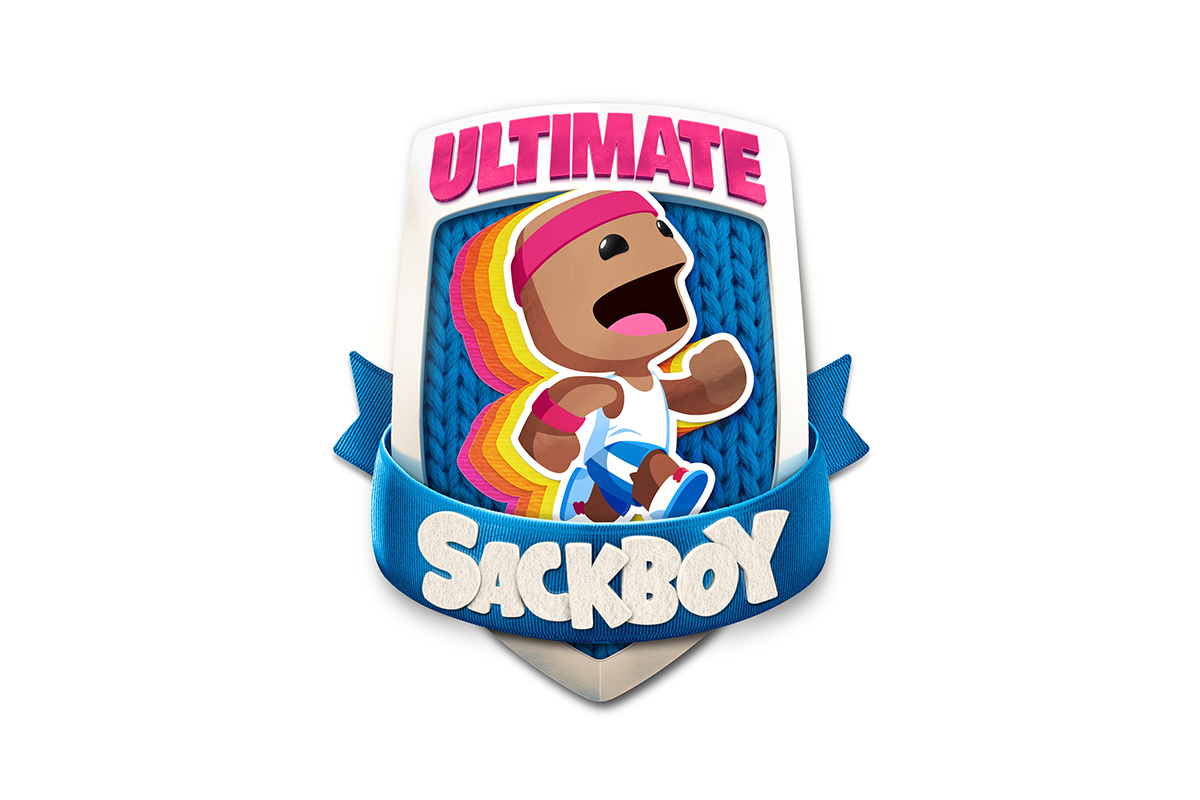Most people have heard of a mid-life crisis, but a quarter-life crisis might not roll off the tongue so easily. That doesn’t mean it’s not a legitimate thing. In fact, nearly half of young Americans have experienced one, mostly based on expectations of adulthood.

A quarter-life crisis can cause a lot of extra stress on people in their 20s and 30s. This is a unique time of life when that age group is navigating things differently for the first time. There are a lot of extra pressures, and during these times of social unrest and uncertainty, the quarter-life crisis may be more prominent than ever.
So what is it, exactly? And if you’re dealing with some of those societal expectations, how can you handle them without falling apart?
What Is a Quarter-Life Crisis?
Stereotypes about a mid-life crisis include things like buying a sports car or a whole new wardrobe. A quarter-life crisis tends to look a bit different, and the reasons behind it don’t have much to do with age. Rather, they have to do with societal pressures.
People in their 20s and 30s have a lot on their plates. Several common stressors can lead to a personal crisis at this age, including:
- Job searches
- Living alone for the first time
- Dealing with relationships
- Making major personal or professional decisions
The crisis itself typically travels through four different stages:
- Feeling trapped professionally or personally
- Feeling lonely or isolated from friends and family
- Reflecting on your life and making better choices
- Getting out of the crisis
One of the reasons why it’s so hard to “get out” of a quarter-life crisis is because many people in their 20s and 30s believe this is the period of their lives in which they should be having fun. But responsibilities come knocking, and there is no way to avoid them. The less people understand about these pressures, the harder it can be to deal with them.
The Pressure Millennials Face
Millennials often get mixed up with Gen Z, but they are two very different types of people. Unfortunately, millennials have a lot on their shoulders right now. Millennials were born between 1980-1994, making the oldest about 40, and the youngest around 26. Think about how many major life changes can happen between those years.
Right now, millennials are carrying the weight of graduating from college, finding jobs, starting families, and stabilizing the future. Unfortunately, they’re having to do it all amid a pandemic that has already been shown to impact sleep and mental health. One study has found that teens and young adults had the worst sleep quality and highest rates of depression from the effects of the COVID-19 pandemic.
Because people within this age group make up most of the current American workforce, they could also face the biggest losses. Most millennials don’t have much of a “financial buffer” to fall back on if they lose their job. Older members of the generation are still dealing with the effects of the Great Recession. While millennials are still going to shape the financial future of this country, that might look different now with the massive job loss due to COVID-19.
Many people within this generation also have children, and they have had to become homeschool teachers practically overnight while remaining calm and collected for their families. Needless to say, it probably isn’t surprising that so many are dealing with a quarter-life crisis and aren’t sure how to cope.
What to Do to Calm the Crisis
Everyone feels overwhelmed at times. Yes, even young adults and those in their 20s and 30s. If you’re constantly feeling the pressure of a quarter-life crisis, not only are you not alone, but you’re not hopeless.
Feeling like you’re in a crisis can lead to excessive stress. While you might think your younger age prevents you from experiencing any type of negative symptoms, that just isn’t true. Stress can cause:
- High blood pressure
- Fatigue
- Sleep issues
- Headaches
It can even increase your risk of developing certain illnesses, like heart disease or diabetes. No matter your age, it’s important to find ways to manage your stress levels and find some tranquility, even if you feel like your life is flying off the rails.
One way to feel better about your situation is to give your time to others. Volunteer for causes that are meaningful to you. Lending a helping hand and assisting other people (or animals) can help you to put things in perspective. It can even motivate you to take charge of your own life and stop worrying so much about the things that are out of your control. Even doing random acts of kindness like buying the person in line behind you a cup of coffee can change someone’s day and can bring you a sense of peace.
Speaking of paying for something, getting your life organized can also help you to feel like you have things under control. Try starting with your finances, whether you want to get your personal budget in order or you’re trying to budget for a new small business. Knowing what you have and what you can spend will give you peace of mind.
Another way to handle the pressures of everyday life is to be more mindful. Mindfulness is more than just a buzzword these days. It’s an effective way to focus on the present, as well as your breathing. Thoughts of the past and the future will still come, but when you’re practicing mindfulness, you can let them go like clouds floating by. Even just a few moments of mindfulness or meditation each day can help you to feel less anxious.
The quarter-life crisis is real, and it can impact your mental and physical health if you don’t fully understand it. By accepting the things you can’t control and making the most of the things you can, you will alleviate some of that pressure, and move forward with your life on track.







Leave a Reply